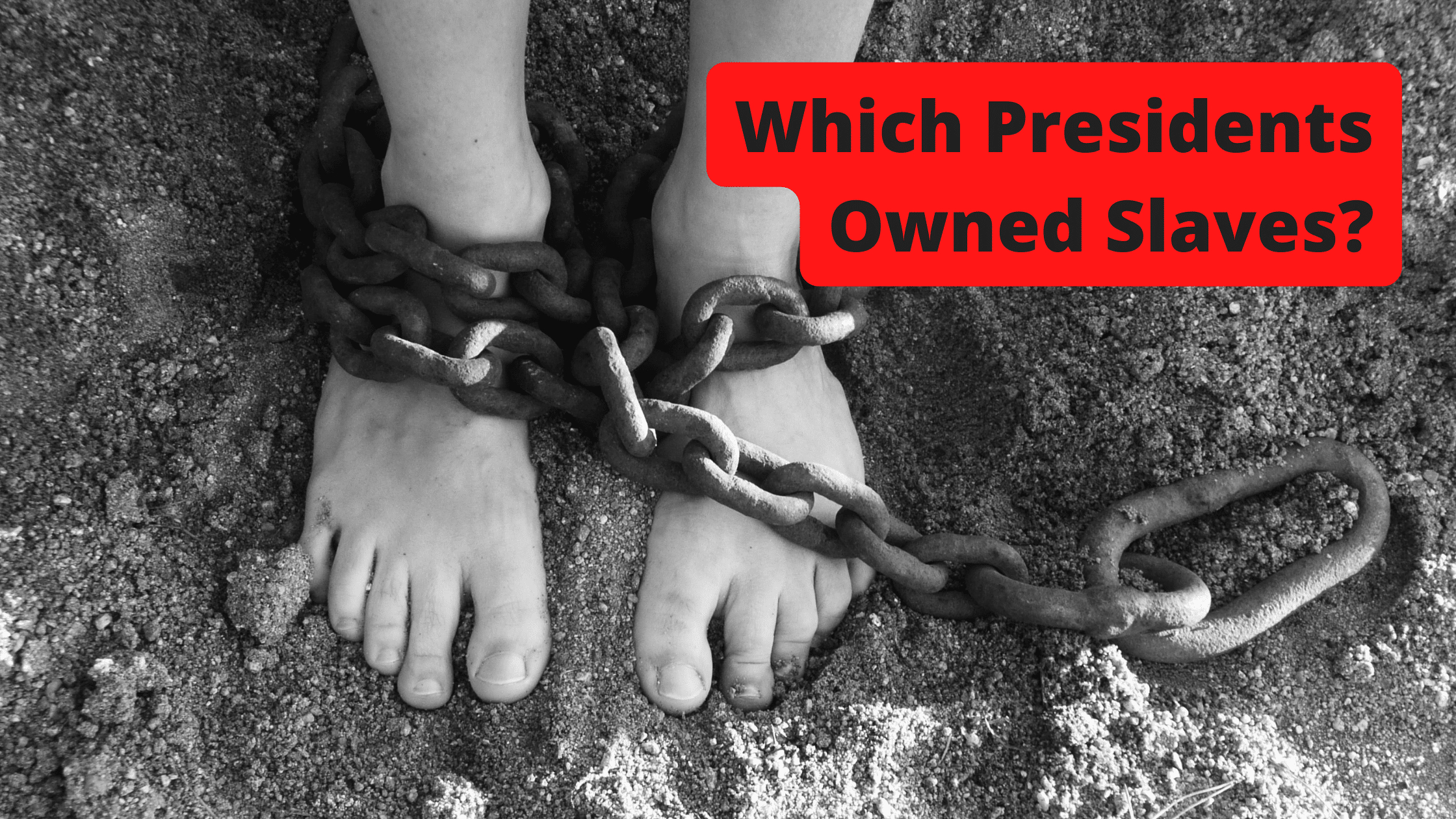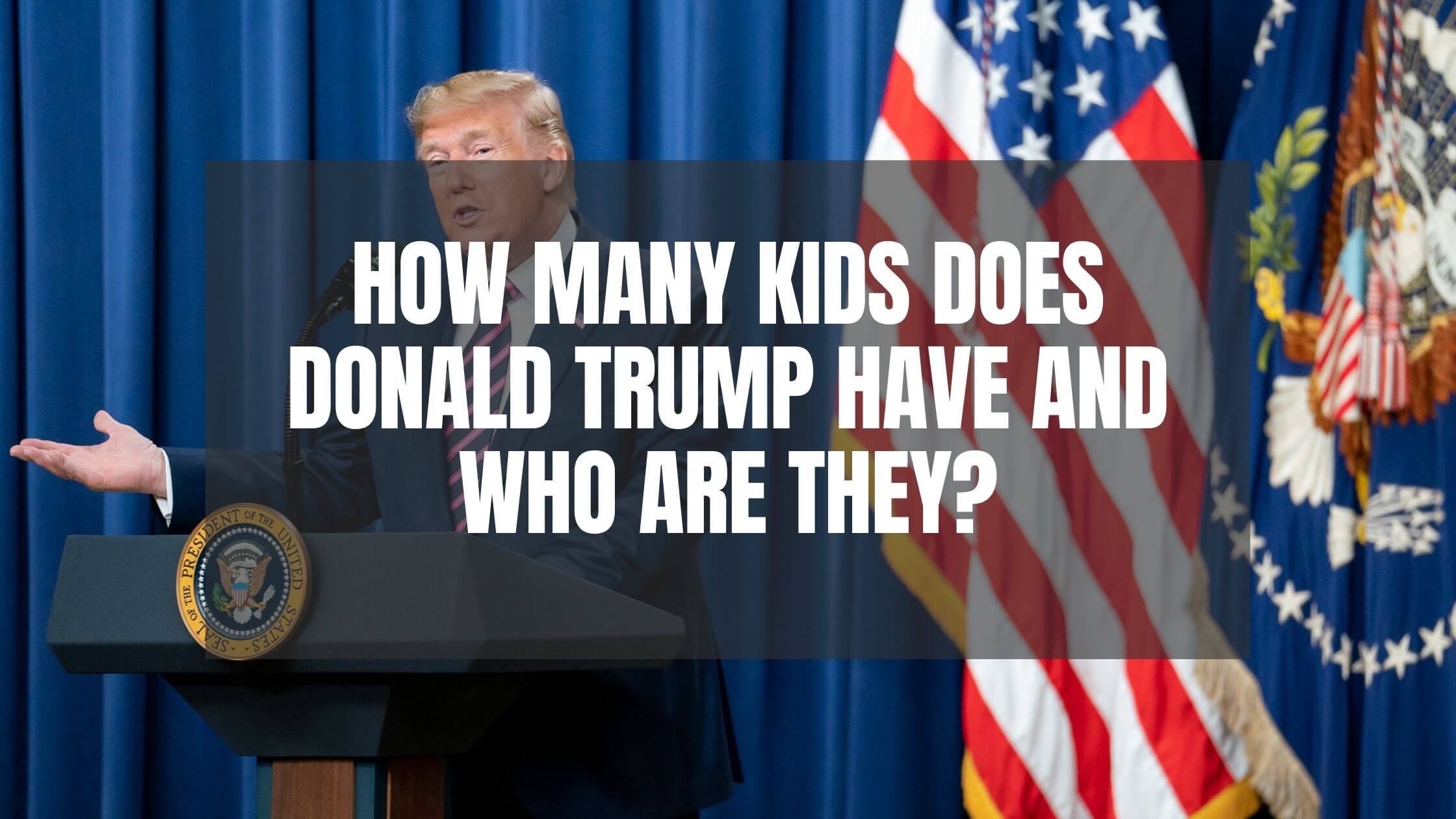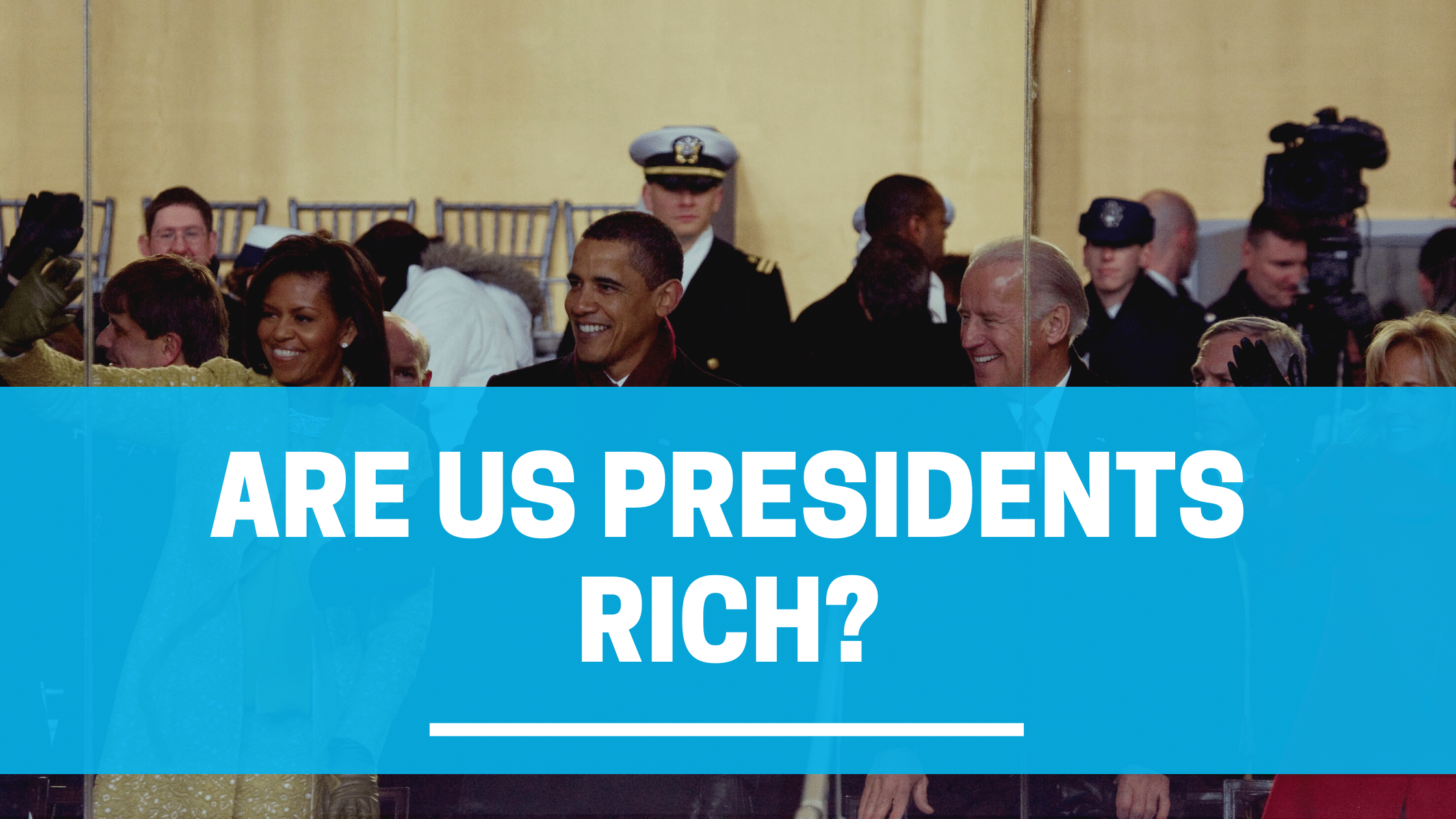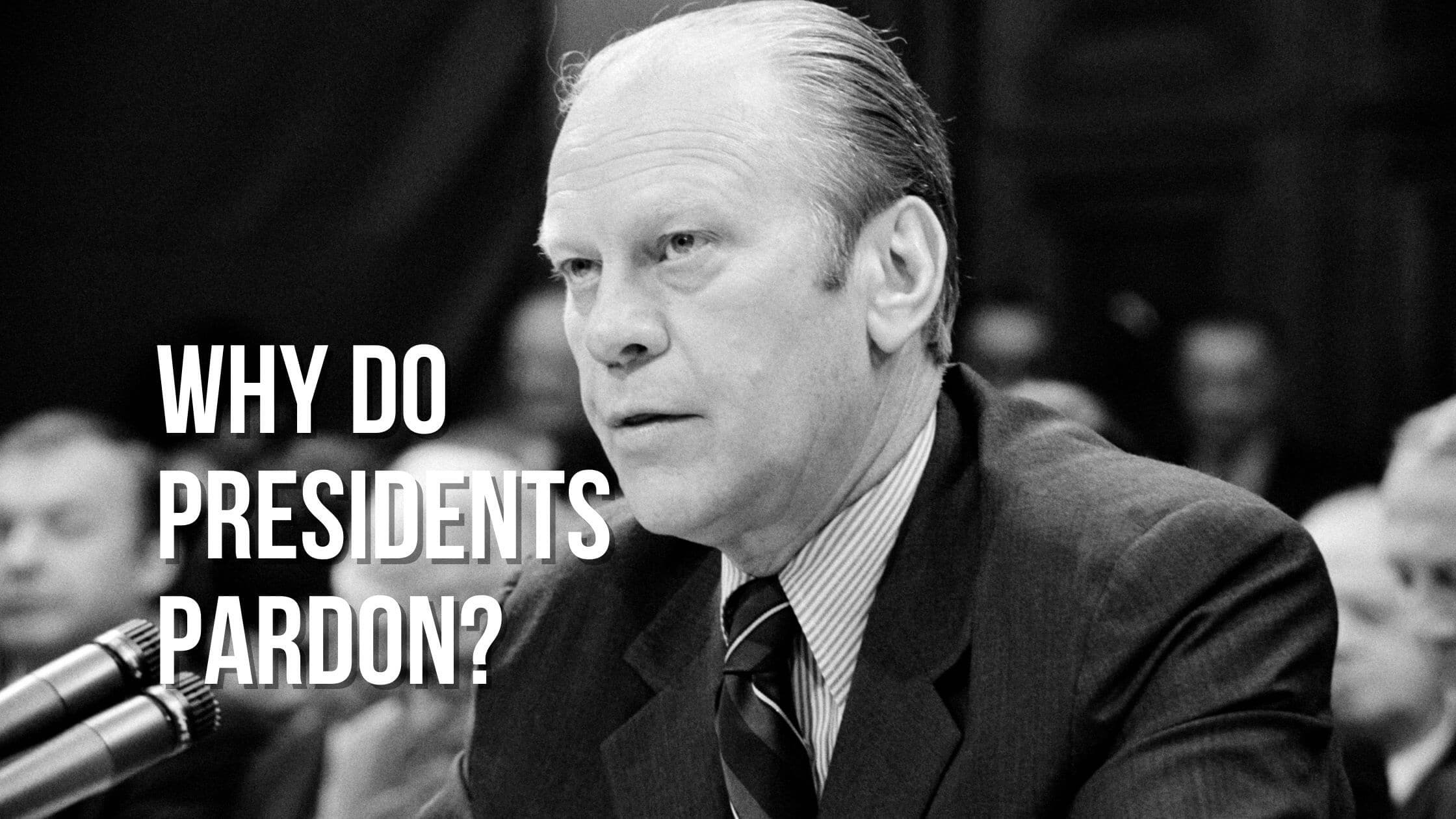Table of Contents
ToggleSlave Owning Presidents
There were 12 presidents who, at some point in their lives, owned slaves. They were among the first 18 presidents of the United States, and 8 of them were slave owners while still in their tenure as president.
George Washington Had 123 Slaves When He Died
Did George Washington own slaves?
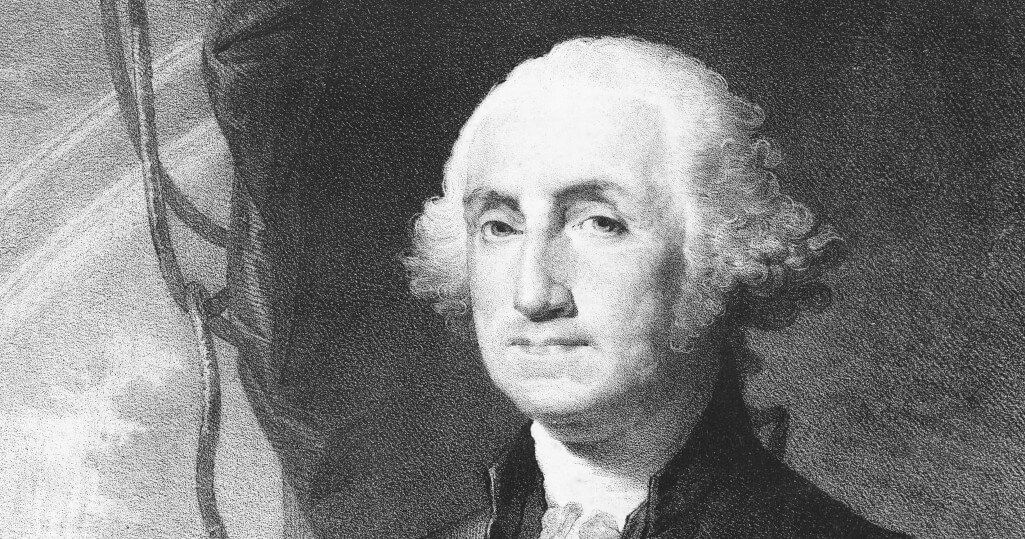
George Washington owned many slaves throughout his life, with 123 slaves in his stead at his death. Historians have documented that he treated his slaves just like most slave owners in Virginia. However, he developed moral issues against slavery after the revolution.
He never publicly announced his impending opposition against slavery, but he stipulated through his will that his slaves be given freedom after his wife’s death.
Thomas Jefferson Owned 600 Slaves
The president who wrote that “all men are created equal” owned 600 slaves throughout his life. Before becoming president, he argued that the slave trade should have restrictions and was against its expansion into the new US territories.
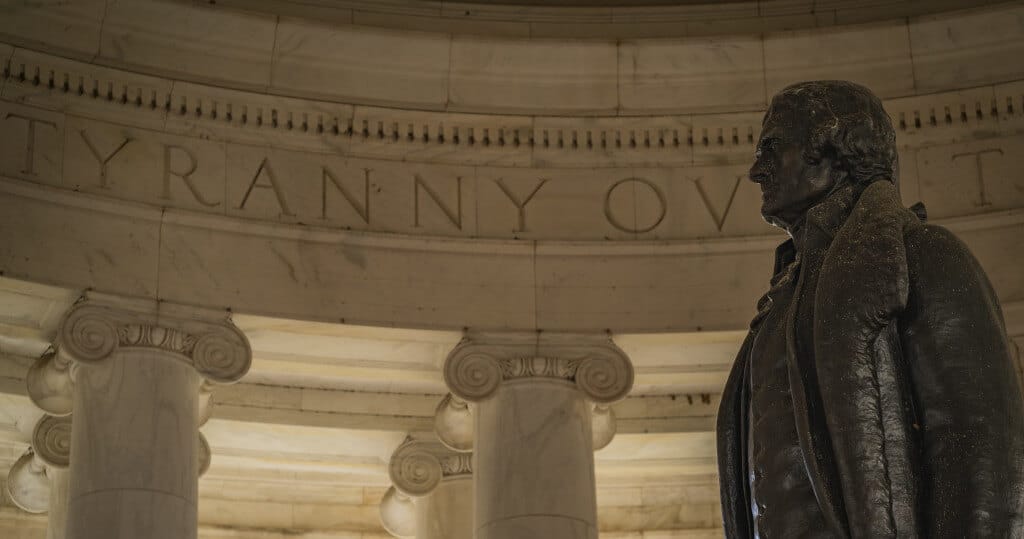
Thomas Jefferson avoided discussing slavery during his presidency while the nation grew divided.
James Madison Owned Slaves During His Presidency
James Madison grew up in a family that owned slaves. He even owned slaves while serving as president.
Madison didn’t free his slaves during his lifetime or even as a stipulation in his will. Instead, he continued to criticize slavery but was indecisive in taking action.

He treated free Blacks who were successful in their endeavors with respect. But he argued against immediate emancipation citing the problems experienced by former slaves in gaining greater prosperity.
James Monroe Owned 75 Slaves
James Monroe grew up in a household that owned slaves. He owned 75 slaves.
Monroe supported sending freed slaves to the newly established country Liberia in Africa. The capital, Monrovia, was named in his honor. Countless Liberians, up to the present, have retained their American surnames.
Andrew Jackson Had 161 Slaves
Did Andrew Jackson own slaves? Yes!

Jackson amassed a large portion of his wealth through the slave trade.
Andrew Jackson introduced legislation that protected slave owners and slavery itself. According to an estate inventory, Jackson owned 161 slaves who served The Hermitage and his Mississippi plantation at the time of his death.
Martin Van Buren Owned Up to 6 Slaves
His father owned an inn and a small farm in Kinderhook, New York. The family had six slaves, although it is documented that he owned one slave.
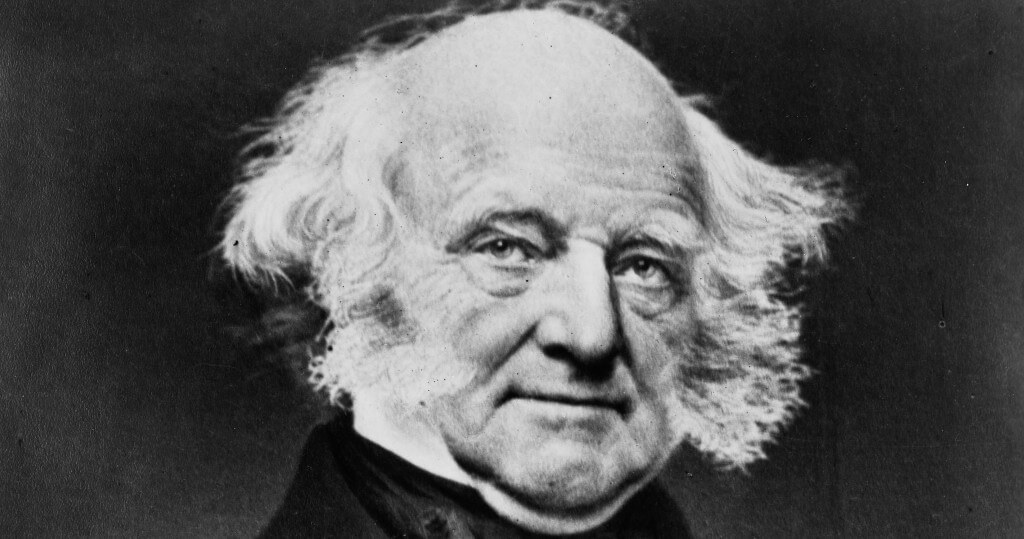
When Van Buren was president, four enslaved women and two free African American women worked in the White House. It is not documented if he owned these four slaves, but it is more likely that he hired them out from their owners and the free African American women were paid wages.
William Henry Harrison Owned 11 Slaves
William Henry Harrison owned 11 slaves. In 1840, Harrison needed southern votes during his presidential campaign, so he denied being an abolitionist.

Get Smarter on US News, History, and the Constitution
Join the thousands of fellow patriots who rely on our 5-minute newsletter to stay informed on the key events and trends that shaped our nation's past and continue to shape its present.
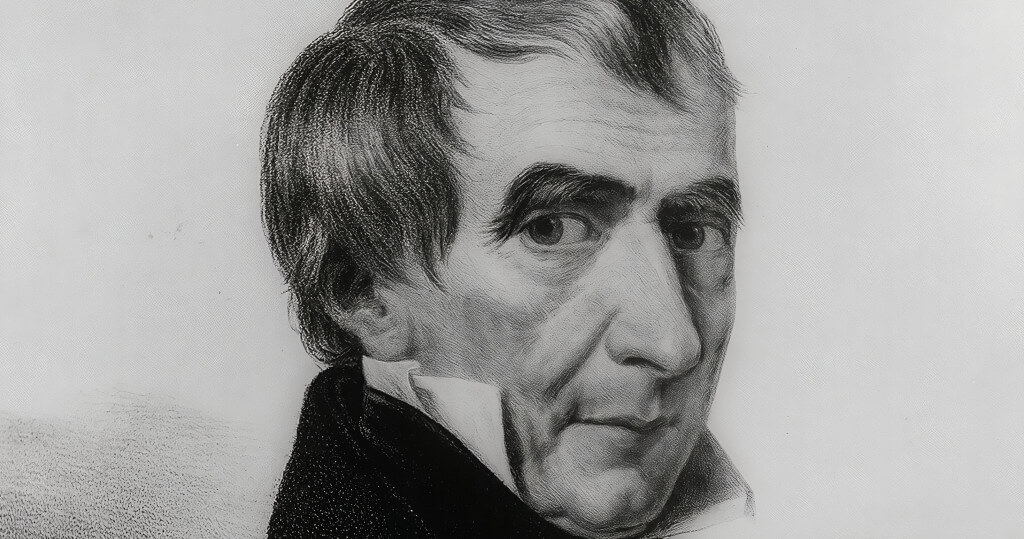
Instead, he called himself a member of the Humane Society. He insisted that he was misinterpreted in 1822 when he announced in a congressional campaign in Ohio that he opposed slavery. What he wanted was to improve the conditions of slaves, not abolition.
John Tyler Owned 70 Slaves
John Tyler publicly denounced slavery and claimed it was evil, even though he owned 70 slaves.
His political actions supported slavery. Tyler is the only US president whose death was not mourned officially because he was involved in the Confederacy.
James K. Polk Owned 25 Slaves
Like the other slave-owning presidents (he owned 25 slaves), James Polk maintained a different political image on slavery when he was president (1845 to 1849) compared to the reality.
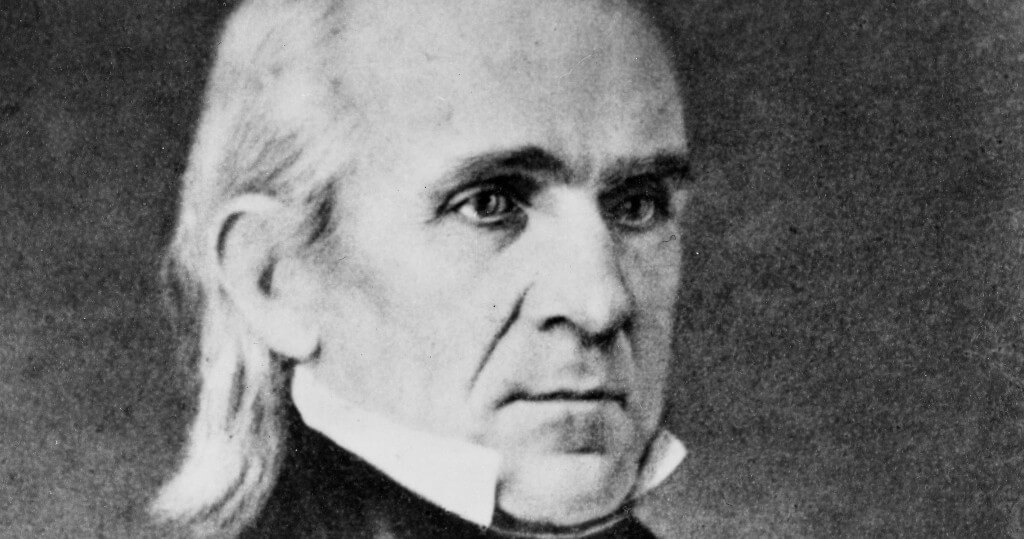
He was a slave owner who preferred financial gain to moral righteousness and didn’t think much about separating families for his profit.
Zachary Taylor Owned 150 Slaves
He inherited two enslaved men named Charles and Tom, who remained with him until he died in 1850. In all, he owned 150 slaves.
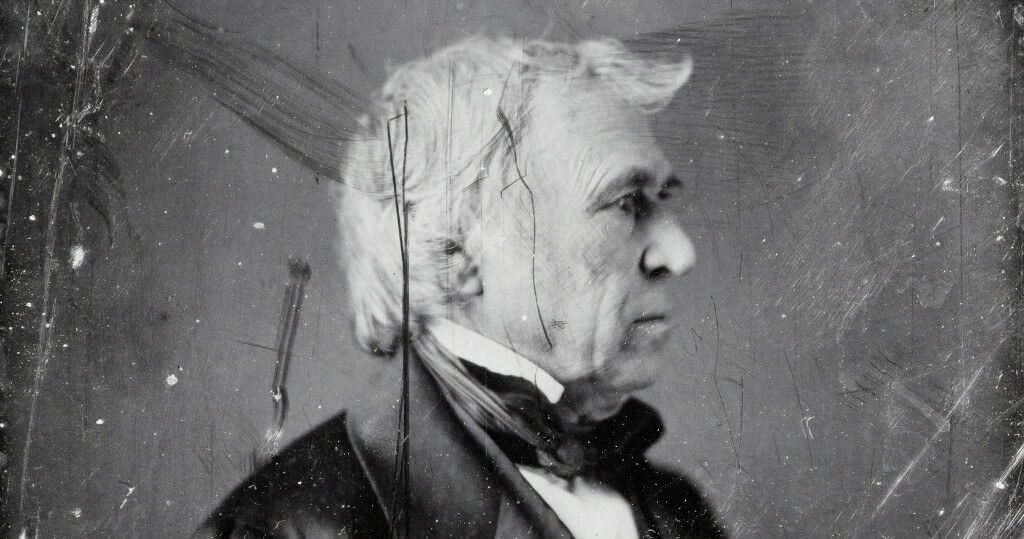
As President, Zachary Taylor adopted an antislavery stance and opposed the expansion of slavery into new United States territories.
Andrew Johnson Owned and Set Free 8 Slaves
Andrew Johnson didn’t own slaves while United States President, but he owned eight slaves before entering the political realm. He freed them all, and they remained with him as paid servants.
He oversaw the ratification of the Thirteenth Amendment, which abolished slavery and involuntary servitude, and was ratified on December 6, 1865.
Ulysses S. Grant
Like Johnson, Ulysses S. Grant didn’t own slaves while in office.

He grew up in an abolitionist family in Ohio, but his marriage to Julia Dent made him a slave owner (1 slave) when they lived on Dent’s family estate in Missouri. Thus, Grant was the last US president to own an enslaved person.
Did Lincoln Own Slaves?
There is a popular myth that President Abraham Lincoln owned slaves. The opposite is true. Not only did Lincoln NOT own slaves, but he was probably one US Presidents that did more to abolish slavery than any other.

President Lincoln issued the Emancipation Proclamation on January 1, 1863, during the American Civil War.
Did Alexander Hamilton Own Slaves?
Although Alexander Hamilton was never US President due to his birthplace, he is known as a Founding Father.
There is a question mark over whether Alexander Hamilton owned slaves, as no direct evidence suggests that he did.
However, it seems that Hamilton was indirectly involved in slavery and may have bought slaves for other family members.
